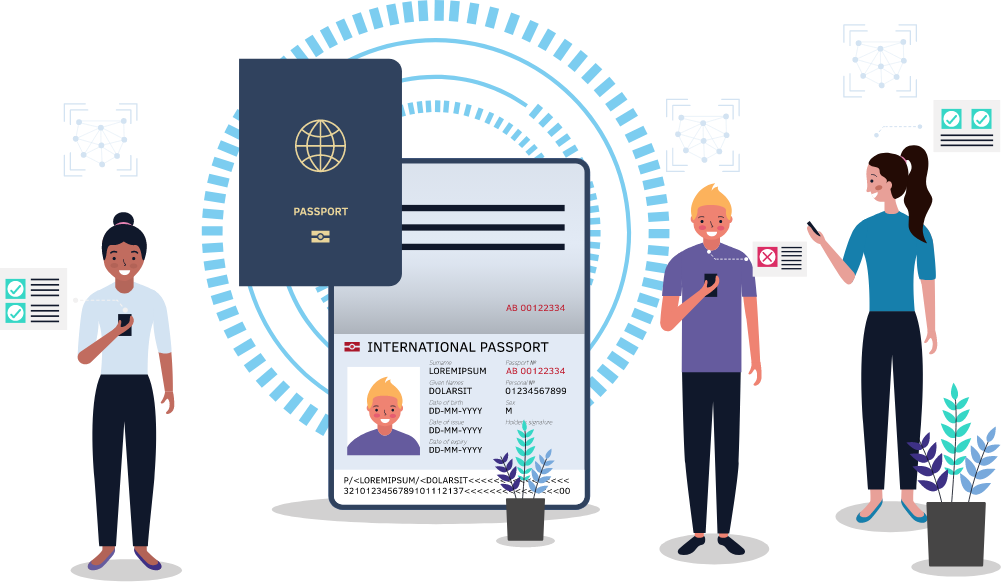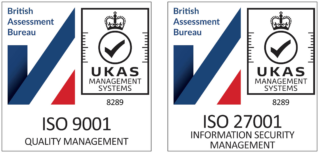Getting identity checks right for DBS checks

In October 2017, the Disclosure and Barring Service (DBS) introduced identity checking guidance to align the DBS process with Right to Work checks. The changes have been fully operational since 29th December 2017. The document requirements have been tightened for non-EEA nationals taking on paid work and applying for DBS checks so that they are consistent with the existing Right to Work document list. More information on the UK Government website.
Aligning DBS checks with Right to Work checks makes sense to me, as this aligns guidance for businesses and should make it easier to know what identity documents to request. Also, the first, critical step in both processes is, of course, ensuring that the person you’re checking is who they say they are. After all, both processes cost time and money and both become irrelevant if the documents used to support their identity are forged. And both processes can bring serious risks to a business if they are not conducted correctly.
Protecting staff, customers and your business
Right to Work checks are, of course, a legal requirement for any business employing staff in the UK. But for those operating in ‘people’ industries, such as the care sector, getting an identity check right is essential both to ensure Right to Work compliance and for safeguarding through DBS; the risk of getting the ID check wrong includes significant fines and reputational damage and the serious risk to the safety of anyone that your staff work with.
In the people based sectors such as care, people requiring an enhanced disclosure certificate may have direct contact with children or vulnerable adults such as the sick or elderly. This position of great trust often involves sensitive personal care, and a breach of this trust can be catastrophic, both for individual vulnerable victims and for the employer’s reputation.
In my previous role with the police, I had a close working relationship with the Disclosure and Barring Service, working to identify people using false identities and prevent them. Part of my responsibility was to trace, arrest and prosecute those who had gained these positions of trust with a fake identity document. The biggest issue in these investigations was how to manage the immediate risk that the suspect may pose, and then manage the aftermath. Invariably the first step would be to deploy officers to a care home, school or hospital, making an arrest on site and escorting the person off the premises. Whilst there is the obvious reputational damage to an organisation in these circumstances, there is also the added operational disruption for an employer due to the loss of that member of staff and the impact on other staff.
For companies working in the care sector, the risk of candidates using fraudulent ID documents is very real. Our customers recruiting nursing and care staff have consistently been one of the highest referring sectors for fraudulent documents since Q4 2016, when we first started to monitor and record fake ID rates.
In Q2 of 2017, we saw a 42% increase in fake documents from that sector compared to Q1. We see illegal passports, Biometric Residence Permits, ID cards and visas purporting to be from many different countries, both within Europe and beyond. Without ID scanning technology, there is a real possibility that those illegal applicants would be accepted and their ID used during DBS checks without detection.
As mentioned in previous other blogs, I am a strong advocate for prevention. Checking identity documents for both Right to Work, and when supporting an application to the DBS, can act as a robust filter to help manage those risks and ensure a water tight process.

Gavin Burton, Guest blogger
Director at Identity Insight Consulting, providing consulting services relating to counterfeit/forged identity documents, their impact and identity crime issues affecting the ID verification industry. Former Strategic Development Director at TrustID with a background in the Metropolitan Police.
Want to find out more?
Our document validation services could help you with compliance by making quick, consistent checks. Why not get in touch to find out how we could help you?
Sign up to receive updates
Receive notifications from TrustID direct to your inbox. Simply fill out your email address in the form below.
Want to find out more?
We’d be really happy to chat through your requirements and offer advice on the best service for your business.
Tel: 0118 466 0822 or email us.
Request a callback


